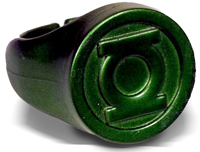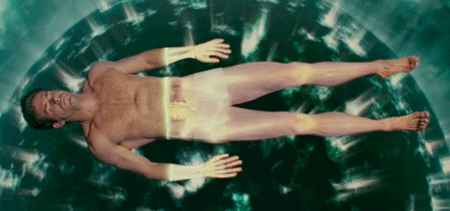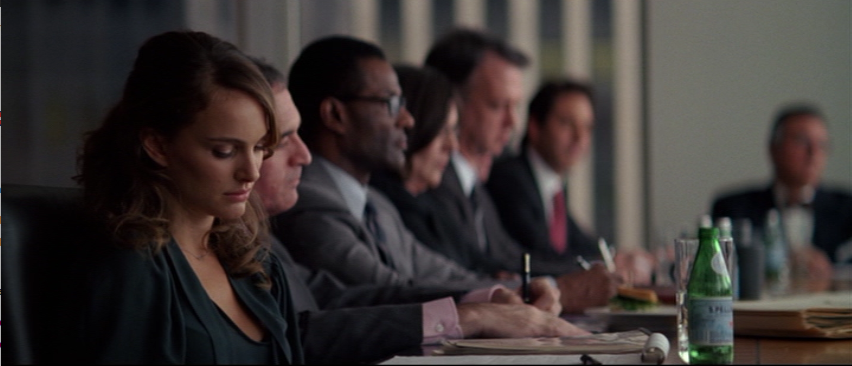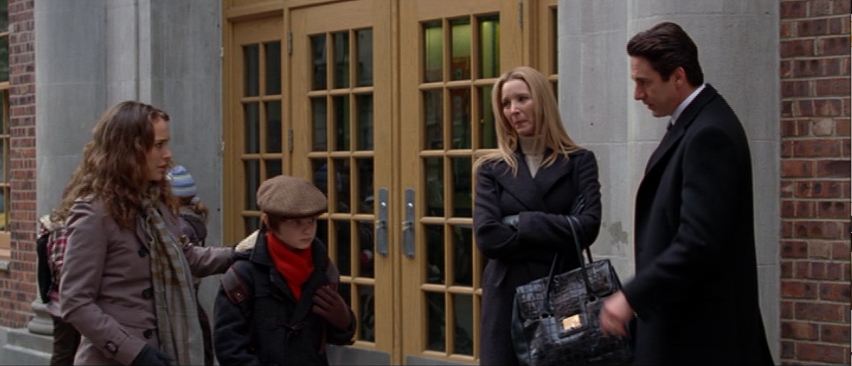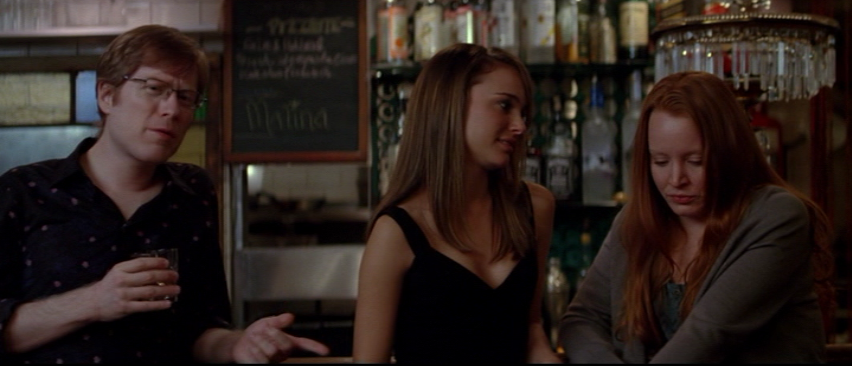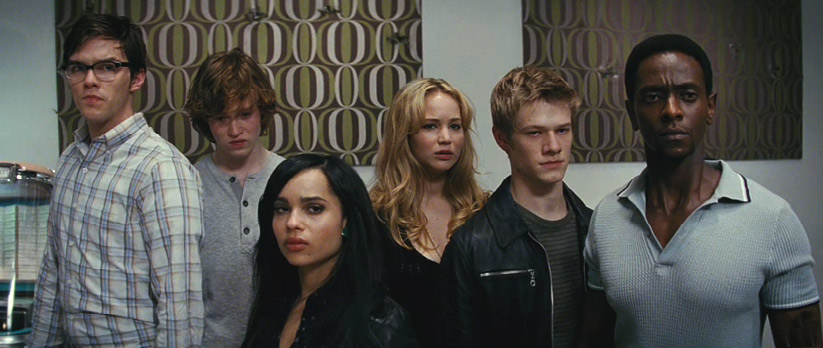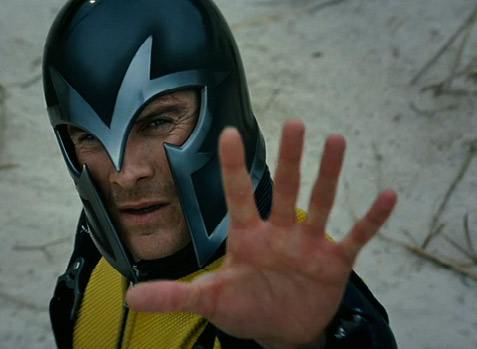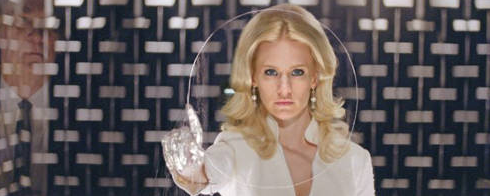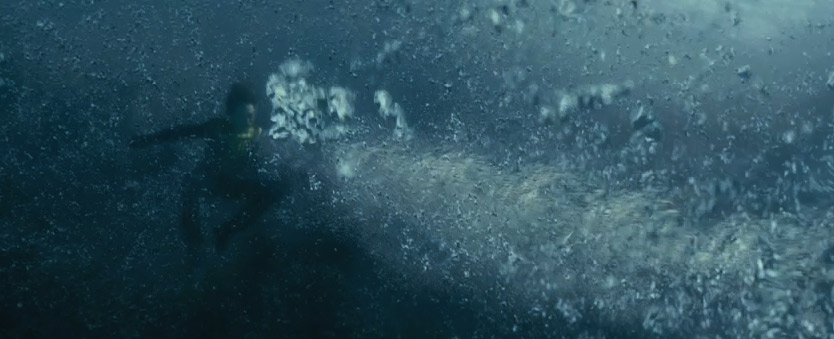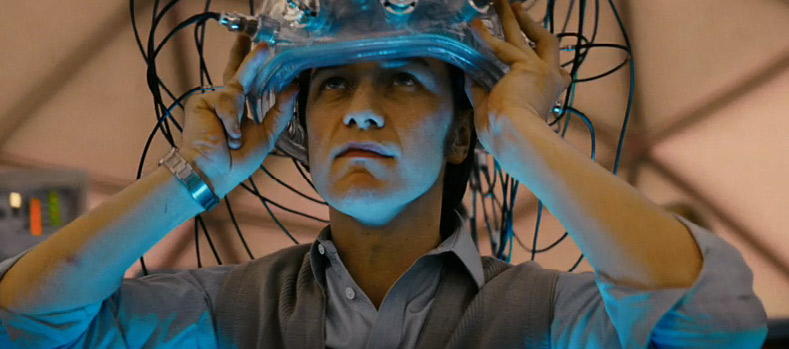Howling at MTV's "Teen Wolf"
 Saturday, June 18, 2011 at 6:39PM
Saturday, June 18, 2011 at 6:39PM  Tyler Posey as "Eddie Munster"... I MEAN, "TEEN WOLF"! Have any of you been watching MTV's new series Teen Wolf? I thought I might give it a go as it premiered right after the MTV Movie Awards which we wrote up here (live blog) and here (fashion). I think with Mad Men missing from my summer schedule, I'm searching for a TV show worth writing about - not that an MTV high school show based on a cheesy 80s movie is equivocal but I was curious. I mean how long can the current vampire/werewolf craze last? Zombies reigned for nearly an entire decade of pop culture so perhaps this trend has got a few more years in it.
Tyler Posey as "Eddie Munster"... I MEAN, "TEEN WOLF"! Have any of you been watching MTV's new series Teen Wolf? I thought I might give it a go as it premiered right after the MTV Movie Awards which we wrote up here (live blog) and here (fashion). I think with Mad Men missing from my summer schedule, I'm searching for a TV show worth writing about - not that an MTV high school show based on a cheesy 80s movie is equivocal but I was curious. I mean how long can the current vampire/werewolf craze last? Zombies reigned for nearly an entire decade of pop culture so perhaps this trend has got a few more years in it.
As with Game of Thrones I decided three episodes was enough before sounding off...
episode 1 (pilot) "Wolf Moon"
It begins, as many monster movies, do with an investigation: cops, flashlights, woods, dead body ...or half of one at least (ewww). We are then introduced to the lead character Scott McCall (Tyler Posey), who is shown shirtless fixing his LaCrosse gear. So he's already coded as "hot jock". His best friend Stiles (Dylan O'Brien), a cop's son, calls to urge him to sneak out and see what all this dead body business is about. Weirdly, Stiles has Scott who is a severe asthmatic, hold the flashlight while they run up and down forest hills in the pitch black. Pant pant. Cough cough. BITE BITE. wolf attack! Well, you saw that coming. The next morning at school there is this amusing but entirely implausible* conversation, as Stiles berates Scott for being such a nerd.
 the writers of that 80s Michael J Fox movie, get a shout out but this is closer to borrowing a "title" than adaptation.
the writers of that 80s Michael J Fox movie, get a shout out but this is closer to borrowing a "title" than adaptation.
"Dragging me down to your nerd depths. I'm a nerd by association. I've been Scarlet Nerded by you."
The creator of the show cited Buffy the Vampire Slayer as an influence in a recent interview -- another reason I tuned in -- and in dialogue exchanges like this you can feel it reaching for the smart geeky pop culture fun of that classic.
But in no way shape or universe is a guy on a high school's #1 sports team who looks like this a nerd.

No that is not a key party invitation from a cougar. That is a sex talk with his mom! (Cuz, you know, people generally have those talks with their mom while dripping wet and wearing only a towel.) Of course the mom uses this opportunity to make an MTV in joke -synergy!
I'm not going to end up on some reality show with a pregnant 16 year old."
ANYWAY... I was talking to Joe after the show about all this sexiness and I said 'Remember in 80s and 90s movies how the people playing nerds were sometimes not regulation hotties who have personal trainers on speed dial.' And he says...
Oh, you mean the bad old days?"
So... uh, well, Joe won that argument.
Trust: I'm not complaining about looking at Tyler Posey. But when your casting director fills an entire high school with beauties, it's hard not to giggle at the conversations about who's hot and who's not. There is one moment in particular in episode one that had me totally LOL'ing where I was supposed to be sympathizing: A super hot black girl (unnamed... this school is lily-white but for her) stares at the new girl chatting up the most popular couple in school. She asks Scott and Stiles why the new girl gets to hang with them on her first day and they tell her 'Duh, she's hot!' So basically three hot 20somethings pretending to be highschoolers are staring at three other hot 20somethings pretending to be highschoolers, whilst bemoaning their fate as the Unhot?
The things you're hearing are hilariously irreconciliable with what you're seeing. Hey, maybe the show is a sly satire on body dysmorphia?
But if there's one thing this show is not, that's subtle. [Lots more after the jump, including more Buffy comparisons.]
 Buffy,
Buffy,  MTV,
MTV,  Reviews,
Reviews,  TV,
TV,  Teen Wolf,
Teen Wolf,  Tyler Posey,
Tyler Posey,  sci-fi fantasy horror,
sci-fi fantasy horror,  werewolves
werewolves 


